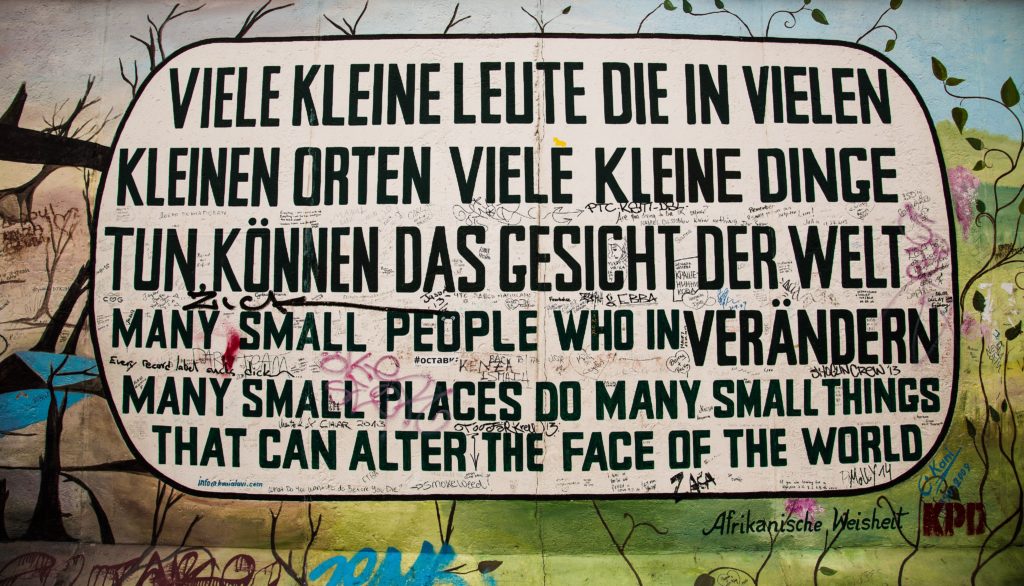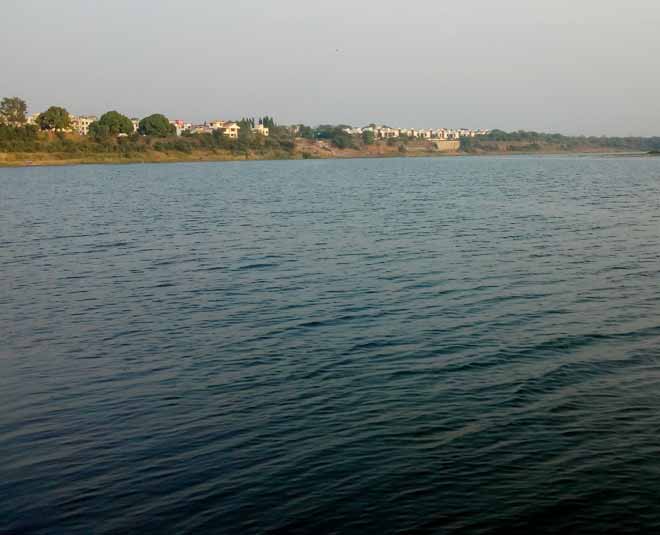In a bad year Queen Elizabeth will call it "annus horribilis" as she did in 1992 describing it as "not a year on which I shall look back with undiluted pleasure".
I do not wish to list the sequence of events which saw the Covid 19 pandemic raging through the globe, killing millions, bankrupting businesses and wrecking the lives of many. This I am sure will be well discussed in social media together with other events like the defeat of Trump and our very own Singapore election which saw the appointment of a first leader of the opposition in the country.
Instead I will document how these happenings have influenced my perceptions and feelings.
The predominant feeling is like standing on shifting sand, not knowing what's next. Even now we are not sure whether like other countries we will encounter another wave of the virus and whether there will be another lockdown. Then there is uncertainty whether the vaccine roll out will really bring life back to some normalcy.
Another predominant feeling is one of despair alternated by feeling blessed to be in the right country and also not affected financially. This is accompanied by some sense of guilt mixed with relief about being on the right side of inequality. Inevitably there is spiritual questioning about the rationale of different life destinies or as Janan Ganesh of Financial Times puts it, whether we should "accept the role of randomness in life".
With all routines disrupted one feels a lack of control especially during the lockdown period. Without structure or order coupled with lots of idling time I reflected a fair bit about life, death and purpose. At my age every year means a lot in terms of opportunity to travel and see more of the world lest sickness or weakness deprives such pleasure. There were times when I asked myself what would I do for the rest of my life if I can't continue to travel or engage with my pre-Covid activities. This then leads to the question about purpose. Is life's purpose just about exciting the senses to the maximum?
News about mental health problems, rise of family violence and protest against lockdown make me realize not only how gregarious human beings are but also how lost man can feel when left alone with himself. Perhaps with no distractions and having to face his lone self, he struggles with existential anxieties of some sort.
Of course I can escape such moodiness in various ways. I can spend all my time punting the stock market or fall into a keep-fit frenzy with the aid of fitness videos or embark on religious pursuits like meditating and reading religious text. In the end I did all of these albeit in ad hoc bits and pieces. Along the way however I reconfirm the virtue of "living in the present moment" through my new found hobby of gardening. It also dawns on me from experiences in self publishing a Children's book during the Covid pandemic that the satisfaction derived from creativity is more rewarding than returns on financial investments.
In some sense you can say 2020 surfaces many paradox. They include:
- inequality ↔ increase in volunteerism & giving
- family violence ↔ opportunities for family bonding
- lockdown ↔ cleaner air
- mask protection against virus ↔ mask pollution of earth
- retrenchment ↔ boom in new sector jobs
- badly hit blue collar and service workers ↔ new focus on employee welfare
- emotional toll ↔ increased openness about mental health
- de-globalisation ↔ interdependence to fight the virus
Janan Ganesh of Financial Times talks about the struggle by analysts to derive coherent lessons from the Covid 19 pandemic as the "need to see shape or order in scattered events to explain and not just to record them".
This teaching from Buddha comes to my mind:
"Praise and blame, gain and loss, pleasure and sorrow come and go like the wind"
So too 2020






